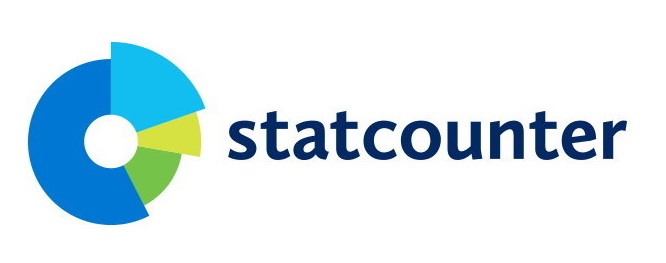PENERAPAN ALGORITMA WELCH-POWELL PADA PENJADWALAN MATA PELAJARAN SD
Abstract
In the context of scheduling class timetables and allocating teachers to specific subjects in schools, a common issue is the occurrence of schedule conflicts. These conflicts often result in situations where a teacher is assigned to teach the same subject at the same time in different classes, or where teachers are scheduled to teach different subjects simultaneously. The Welch Powell algorithm is a graph coloring method that can be applied to scheduling problems. The scheduling process begins by representing subjects and the teachers assigned to them as a graph. Each subject is represented as a node within the graph, while the edges in the graph represent the classes taught by the subject teachers. The graph coloring procedure starts with the selection of the node with the highest degree in the constructed graph. Through the implementation of the Welch Powell algorithm, it has been observed that graph coloring can be effectively used for scheduling class hours and teacher subject assignments, thus eliminating schedule conflicts.
Downloads

This work is licensed under a Creative Commons Attribution 4.0 International License.

This work is licensed under a Creative Commons Attribution 4.0 International License.









